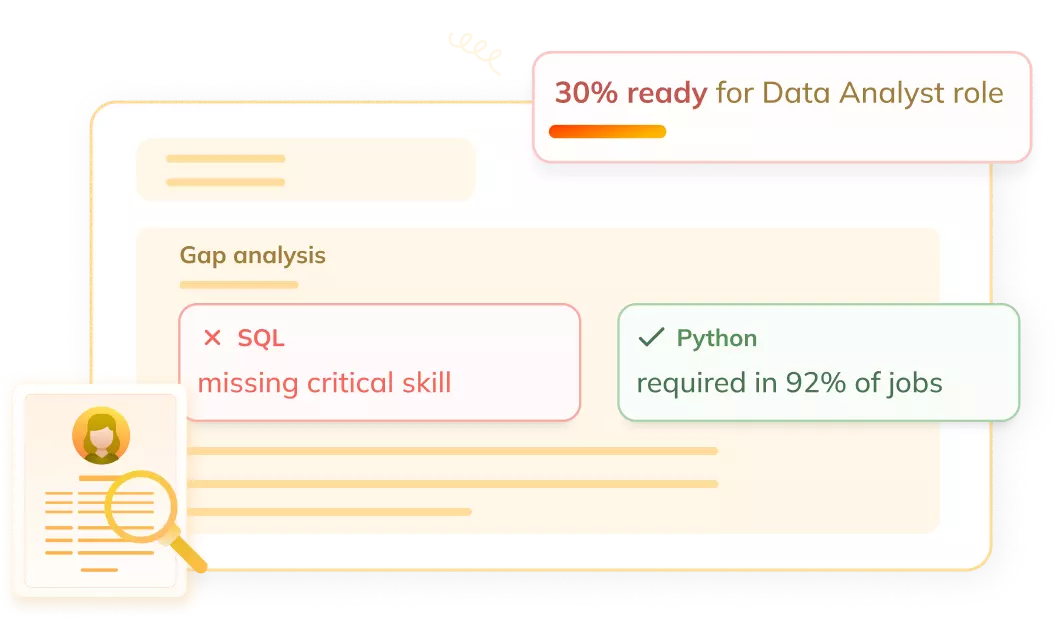Python Testing
In the area of testing, automated testing is a well-known scenario. It is where the test plans are conducted utilizing a script rather than a human.
Python includes tools and libraries for automated testing of your system. Python test cases are relatively simple to create. Python-based test automation frameworks are growing more popular as the language becomes more widely used.
Asynchronous Framework
Asynchronous frameworks allow for parallel programming where the primary application continues working as it is while other threads continue to develop and run simultaneously. The primary thread is not disturbed at any point and is only notified upon successful completion or failure of the other worker threads.
We have learned about Python testing. Now let's see some famous testing frameworks in Python.
Testing Frameworks in Python
The following are some of the major testing frameworks in Python:
Let’s see some short details about these frameworks.
Pytest framework
Pytest is an open-source testing framework that is one of the most popular Python testing frameworks available. Pytest also allows for unit testing, functional testing, and API testing. Python 3.5 or above is required to run it.
It enables the creation of small and straightforward test suites.
It may be significantly expanded by utilizing plugins such as pytest-randomly, pytest-cov, pytest-django, and pytest-bdd.
Robot framework
Robot Framework (RF) is a free and open-source test automation framework for acceptance testing, test-driven development (ATDD), and robotic process automation (RPA). Its core is written in Python, but it may also be run on Jython (a Java Python implementation) and IronPython (Python for the .NET framework). Python version 2.7.14 or above is required to run it.
It is compatible with all operating systems (Windows, Linux, and macOS) and applications (web, mobile, and desktop apps).
It gives simple and easy-to-understand HTML reporting data (including screenshots)
PyUnit framework
PyUnit (Unittest) is a Python unit testing framework inspired by JUnit. It is the default Python testing framework that comes with the Python package and is hence where most developers begin their testing.
There are no additional modules to install because it is part of the standard Python library — it comes with the Python package.
TestProject framework
TestProject is an entirely free automation platform that includes cloud and local HTML reporting. With the Python open-source SDK and TestProject, you can simply construct test automation for mobile, web, or generic uses. It requires Python 3.6 or higher and supports both the Pytest and Unittest frameworks (you can read more about it here). TestProject contains all of the dependencies required by the single cross-platform agent executable (You can watch this webinar recording to get started).
Nose2 framework
Nose2 is the successor to Nose, and it is essentially PyUnit (Unittest) with plugins. Nose2 expands PyUnit's capability with plugins that provide test execution, test discovery, decorators, fixtures, parameterization, and other features.
It is simple to use because it extends the PyUnit (Unittest) framework that comes with the Python library.
Testify framework
Testify is intended to replace the popular Unittest and Nose frameworks, and it includes additional functionalities not found in ordinary Unittest.
Unit testing, integration testing, and system testing are all done.
Testify is relatively simple to use for individuals who are familiar with Unittest.
This concludes our topic of testing frameworks in Python. Let’s move on to Frequently asked questions.
AIOHTTP
AIOHTTP introduces the asynchronous framework or asyncio, which is a model for running and managing several programmes parallelly. It supports client and HTTP servers, server WebSockets and Client WebSockets.
You can also practice with the help of Online Python Compiler
Frequently Asked Questions
What is Python?
Python is an interpreted, high-level, generic programming language that allows programmers to construct manageable and logical code for small and large-scale projects.
What are the advantages of Python?
The following are some advantages of Python:
- Simple debugging
- A large support library
- The data structure is simple to learn.
- Productivity is high
What is an RF?
An RF is a Robotic framework. It is a free and open-source test automation framework for acceptance testing, test-driven development (ATDD), and robotic process automation (RPA).
When do we use the Pytest framework?
When we want to create unit tests, small and concise tests, that support complex scenarios, we use the Pytest framework.
Which framework is intended to replace the popular Unittest and Nose frameworks?
Testify is intended to replace the popular Unittest and Nose frameworks, and it includes additional functionalities not found in ordinary Unittest.
Conclusion
In this article, we have extensively discussed Python and python testing. We learned about multiple famous testing frameworks in Python. We learned about them in detail.
Recommended Readings:




